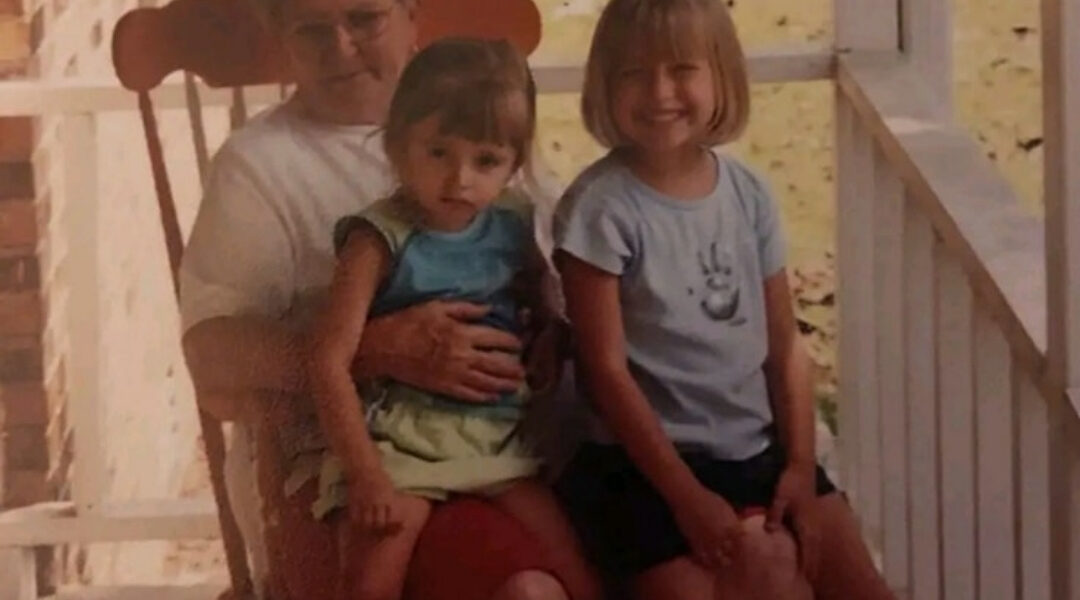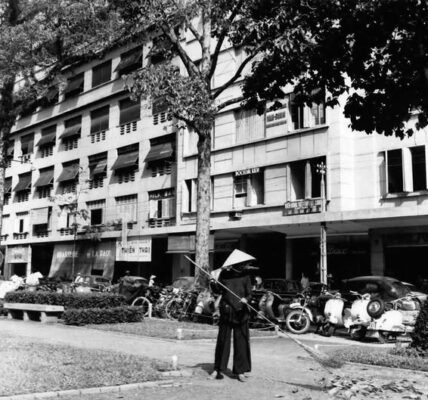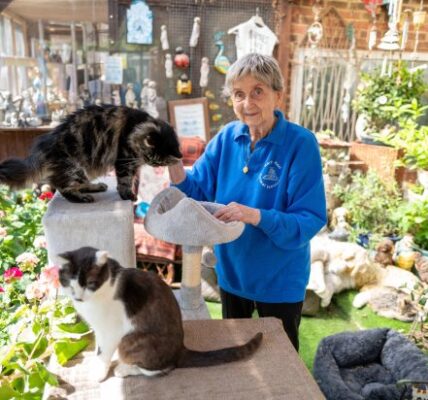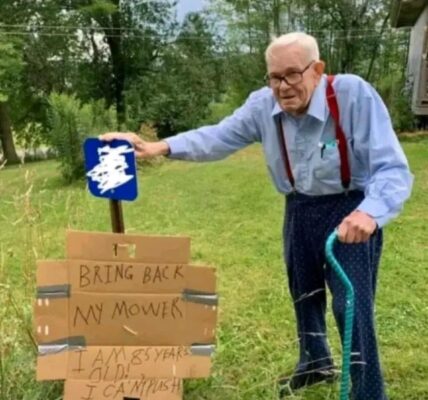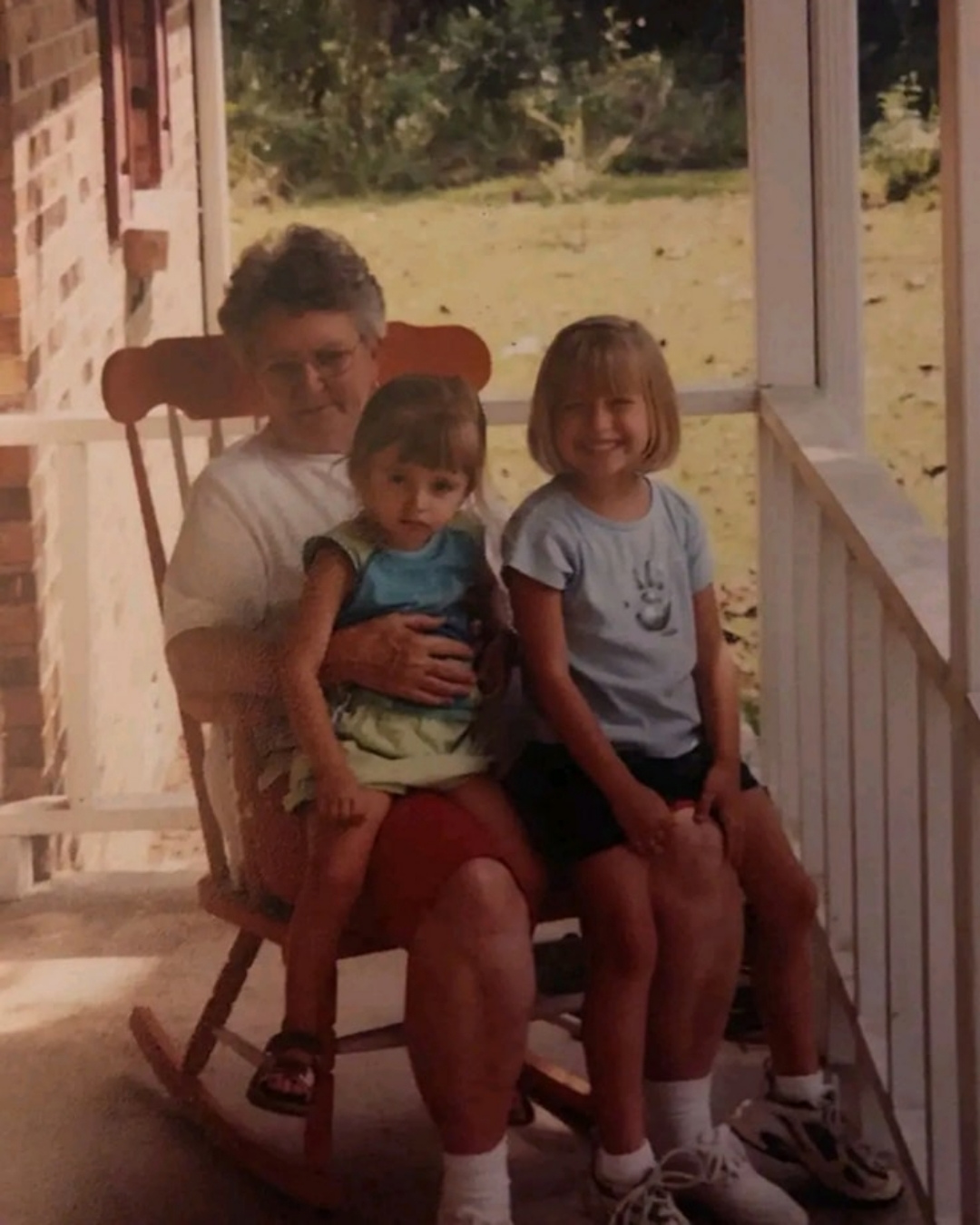
A Bridge Made of Love
Eight years ago, I stood in a quiet living room, hands trembling, heart racing, as I told my mother I was going to marry a man from South Korea. She didn’t shout, didn’t argue, didn’t try to change my mind. She just sat there silently for a long moment, and I could see the calculations in her eyes — not of money or status, but of worry and love.
My mother was never dramatic, but she had always been honest. She worried about things other people never even thought about — how two different cultures would mix, how language might build walls instead of bridges, how a man who barely spoke English would adjust to life in America. She was afraid I might one day wake up and feel like a stranger in my own home, torn between two worlds.
And yet, after all that silent thinking, she looked at me and said the only sentence that mattered:
“If you love him, I’ll love him too.”
I didn’t understand the depth of that promise then. I thought it was just support. I didn’t know it was the beginning of a lifetime of quiet sacrifices — ones I would only learn to recognize years later.
A New Country, A New Kind of Silence
When my husband and I arrived in the United States, the first thing we encountered was not excitement, but isolation.
He didn’t have the words he needed, and I didn’t have the answers he longed for.
He filled out job applications, attended interviews, sat stiffly in waiting rooms where his name was always mispronounced. He came home every afternoon with the same tired, silent stare — the kind that made me want to cry when he wasn’t looking.
Sometimes, I would hear him practicing English sentences alone at night, saying them again and again as if language were a punishment he had to outrun.
But we were never truly alone — not because of luck, but because of my parents.
They let us stay with them when we couldn’t afford rent. They pretended not to notice when my husband slipped grocery money into their hands, and slipped it back into his coat pocket when he wasn’t looking.
They gave us space, but not distance. They helped, but never made us feel helpless.
When we had only one rusted car to share, my father tossed us the keys to his second one and said the most fatherly thing in the world:
“You need it more than we do. Don’t make a big deal out of it.”
Help wasn’t something they offered with speeches. It came quietly, like the warmth inside a jacket you didn’t realize someone draped over you.
A Small House, A Big Gesture
When we finally saved enough to leave and rent our own place, they didn’t celebrate by pushing us out of the nest — they helped us fly.
They loaned us money — real money, not symbolic — so we could buy a small home instead of wasting years paying rent. They didn’t set deadlines. They didn’t remind us. They didn’t bring it up at family gatherings like a trophy of generosity.
They trusted us.
And trust, I’ve learned, is one of the most expensive gifts in the world.
The Second Child, The Second Sacrifice
Life settled into a rhythm — until I had my second child and suddenly found myself standing at a crossroads: return to work and leave my children in daycare, or stay home and fall behind professionally.
Before I could even choose, my mother made the decision for me — not with force, but with love.
She closed the small business she had spent years building — the one that kept her busy, proud, and independent — so she could take care of my children full-time.
When I cried and told her she didn’t have to do that, she looked at me with the softest eyes and said:
“I once had people who helped me raise my children. Let me be that person for you now.”
I didn’t argue after that. I just held her hand and nodded, realizing that love wasn’t always loud. Sometimes, it was a woman quietly placing her own dreams aside so her daughter could chase hers.
A Mother Who Learned a New Language Without Ever Speaking It
My mother never needed Korean words to speak to my husband. She spoke through actions — the only language love really needs.
She never made him feel like a foreign guest in her home. She praised his progress, not his mistakes. She listened to his stories slowly, patiently, celebrating every sentence the way some mothers might celebrate a child’s first steps.
And then one day, something happened that I didn’t notice at first — she began to cook Korean food.
Not just Google-search versions, not Americanized imitations.
Real dishes. Real effort. Real care.
Seaweed soup for birthdays — because she had learned it was tradition.
Kimchi pancakes — because she noticed they were the first thing he grabbed at Korean restaurants.
Bulgogi — because she heard him once say it tasted like home.
She never announced she was learning. She simply placed the dishes on the table and shrugged like it was nothing.
But my husband, who rarely showed emotion, looked at the food like it was a piece of his past brought into the present. And when he took the first bite, I saw his eyes soften — not from taste, but from belonging.
He didn’t say thank you. He didn’t have to.
My mother smiled, not because she understood the words, but because she understood the heart.
The Love That Crossed Oceans Without Moving an Inch
My mother once worried if love could cross cultures.
But she became the proof that it could — not through speeches, but through soup, through childcare, through a spare car key on a kitchen hook.
She didn’t just accept my husband. She honored him.
She didn’t just tolerate his culture. She welcomed it into her kitchen, into her home, into her identity as a mother-in-law.
What she doesn’t know is this:
He thinks of her as home. Not America. Not even Korea. Her.
Because home isn’t a country. It’s a feeling.
And she gave him that — without ever asking for anything back.
What I Know Now
I used to believe love was proven in big declarations — in weddings, in vows, in plane tickets across the world.
But my mother taught me the truth:
Real love is not the moment someone says, “I love you.”
It’s all the moments afterward that prove it.
It’s the meals packed in plastic containers.
It’s the voice that says, “Don’t rush paying us back.”
It’s the hands that hold your babies so you can hold your future.
It’s the woman who once worried love might not be enough — and then spent the next eight years proving it was.
And every time my husband eats the soup she sends home, he closes his eyes, breathes in the steam, and whispers:
“It tastes like home.”
He doesn’t mean Korea.
He means her.
